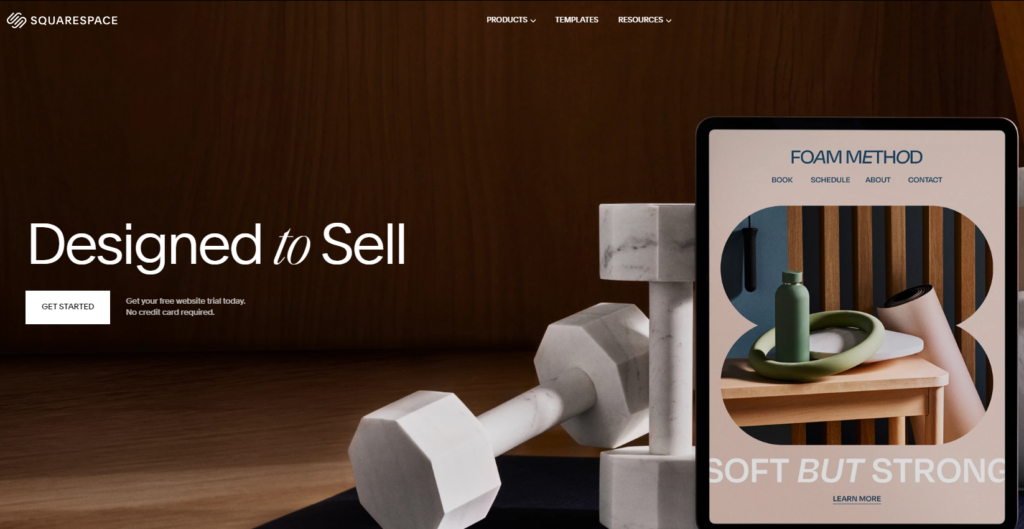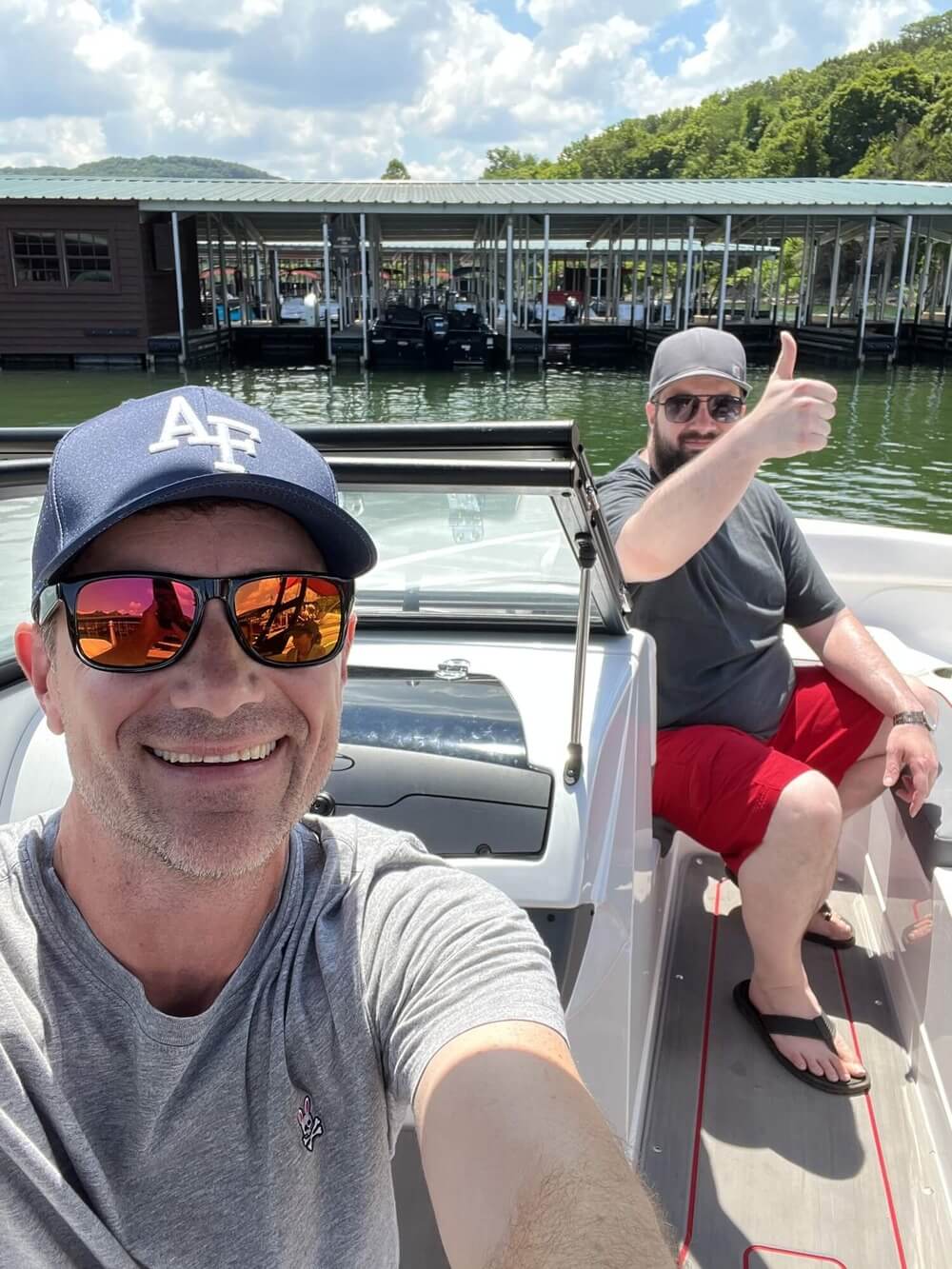
Waking up every day knowing that your work is not just a job, but a platform for building a powerful personal brand that opens doors to incredible opportunities. You’re not just trading time for money; you’re building an empire of influence, expertise, and financial freedom. This isn’t a dream; it’s a reality for anyone willing to invest in the right strategies.
In this comprehensive guide, we’ll delve into the world of personal branding, uncovering the secrets to crafting a compelling online presence that attracts lucrative opportunities. We’ll explore actionable steps, common pitfalls to avoid, and real-world examples to help you build a personal brand that stands out from the crowd.
Did you know that 88% of consumers trust recommendations from people they know, and 70% of those recommendations come from social media? This means that your personal brand is more powerful than ever before.
TL;DR
- Unlock the power of personal branding: Learn how to build a compelling online presence that attracts lucrative opportunities.
- Craft a unique value proposition: Discover your unique strengths and passions to create a brand that resonates with your target audience.
- Master the art of storytelling: Engage your audience with compelling narratives that showcase your expertise and personality.
- Leverage social media strategically: Build your online community and connect with potential clients and collaborators.
- Build a portfolio of success: Showcase your skills and achievements through testimonials, case studies, and projects.
- Network effectively: Connect with industry leaders and influencers to expand your reach and build relationships.
- Become a thought leader: Share your insights and expertise through blog posts, articles, and online courses.
- Monetize your brand: Explore various revenue streams, such as consulting, speaking engagements, and product sales.
Building Your Personal Brand: A Step-by-Step Guide
Building a strong personal brand doesn’t happen overnight. It requires a strategic approach and consistent effort. This guide will walk you through the essential steps, providing actionable advice and practical tools to help you create a compelling brand that attracts lucrative opportunities.
1. Define Your Unique Value Proposition
The first step in creating a successful personal brand is to identify what makes you unique and valuable. What are your strengths, passions, and expertise? What problems can you solve for your target audience?
Think about your skills, experiences, and interests. What are you known for? What are you passionate about? What makes you stand out from the crowd?
Example: Let’s say you’re a graphic designer with a passion for sustainability. Your unique value proposition could be “helping businesses create eco-friendly branding that resonates with environmentally conscious consumers.”
Tools:
Personal SWOT Analysis: This tool helps you identify your strengths, weaknesses, opportunities, and threats.
Value Proposition Canvas: This canvas helps you define your target audience, their needs, and how your brand can meet those needs.
2. Craft Your Personal Brand Story
Once you’ve defined your unique value proposition, it’s time to craft your personal brand story. This story should be compelling, authentic, and relatable. It should showcase your expertise, personality, and values.
Example: Instead of simply stating you’re a graphic designer, you could tell a story about how your passion for sustainability led you to specialize in eco-friendly branding. Share a real-life example of how you helped a business achieve their sustainability goals through design.
Tips:
Keep it concise: Your story should be easy to understand and remember.
Focus on your audience: What are their pain points? How can you help them?
Be authentic: Don’t try to be someone you’re not. Let your personality shine through.
3. Build Your Online Presence
Your online presence is your digital storefront. It’s where you showcase your brand, connect with your audience, and attract opportunities.

Essential Elements:
- Website: Create a professional website that reflects your brand and showcases your work.
- Social Media Profiles: Establish a presence on relevant social media platforms and engage with your audience.
- Content Marketing: Create valuable content that educates, entertains, and inspires your audience.
- Networking: Connect with industry leaders and influencers to expand your reach.
Tools:
- Website Builders: Wix, Squarespace, WordPress
- Social Media Management Tools: Hootsuite, Buffer, Sprout Social
- Content Creation Tools: Canva, Adobe Creative Cloud, Grammarly
4. Leverage Social Media Strategically
Social media is a powerful tool for building your personal brand. It allows you to connect with your audience, share your expertise, and build relationships.
Tips:
- Choose the right platforms: Focus on platforms where your target audience is active.
- Create engaging content: Share valuable insights, behind-the-scenes glimpses, and thought-provoking discussions.
- Interact with your audience: Respond to comments, answer questions, and participate in conversations.
- Use relevant hashtags: Make your content discoverable by using relevant hashtags.
5. Build a Portfolio of Success
Your portfolio is a collection of your best work. It showcases your skills, experience, and achievements.
Types of Portfolio Items:
- Case Studies: Detailed accounts of projects you’ve completed, highlighting your process and results.
- Testimonials: Quotes from satisfied clients or collaborators.
- Awards and Recognition: Highlight any awards or recognition you’ve received.
Tips:
- Showcase your best work: Only include your most impressive and relevant projects.
- Use high-quality visuals: Use professional photos and videos to showcase your work.
- Highlight your accomplishments: Quantify your results whenever possible.
6. Network Effectively
Networking is essential for building your personal brand. It allows you to connect with industry leaders, potential clients, and collaborators.
Tips:
- Attend industry events: Connect with people in your field at conferences, workshops, and meetups.
- Join online communities: Engage in online forums, groups, and social media communities.
- Reach out to influencers: Connect with industry leaders and ask for advice or mentorship.
7. Become a Thought Leader
Sharing your expertise and insights is a powerful way to build your personal brand.
Tips:
- Write blog posts and articles: Share your knowledge and opinions on relevant topics.
- Create online courses: Offer in-depth training on your area of expertise.
- Speak at events: Share your insights and experiences with a wider audience.
8. Monetize Your Brand
Once you’ve built a strong personal brand, you can explore various ways to monetize it.
Revenue Streams:
- Consulting: Offer your expertise to businesses and individuals.
- Speaking Engagements: Share your insights and stories at events.
- Product Sales: Create and sell products related to your expertise.
- Affiliate Marketing: Promote products and services you believe in and earn commissions.
One excellent way to monetize your brand is by creating online content. This could include videos, blog posts, or even online courses. There are many ways to generate income from your online content, such as advertising, affiliate marketing, or selling your own products or services. To learn more about how to make money online, check out this informative video: What to Do Online for Money.
For More Free Videos, Subscribe to the Rhodes Brothers YouTube Channel.
“The best way to predict the future is to create it.” – Abraham Lincoln
This quote perfectly encapsulates the power of personal branding. By taking control of your future and actively building your brand, you’re not just waiting for opportunities to come to you; you’re creating them.
Actionable Steps
For Beginners:
- Identify your passions: What are you naturally good at? What do you enjoy doing? This is the foundation of your brand.
- Start small: Create a simple website or social media profile showcasing your skills and interests.
- Build a network: Attend local events, join online communities, and connect with people in your field.
- Focus on quality content: Create valuable content that showcases your expertise and helps others.
For Millennials:
- Leverage your online presence: Millennials are digital natives, so use this to your advantage. Build a strong online presence on platforms like Instagram, TikTok, and LinkedIn.
- Be authentic: Millennials value authenticity, so be yourself and let your personality shine through.
- Embrace collaboration: Work with other creators and influencers to expand your reach and build your brand.
- Stay up-to-date: The digital landscape is constantly evolving, so stay informed about the latest trends and technologies.
For People Nearing Retirement:
- Tap into your experience: Your years of experience are valuable! Share your knowledge and insights through mentoring, consulting, or writing.
- Build a legacy: Use your personal brand to leave a lasting impact on your community or industry.
- Explore new passions: Retirement is a time to pursue new interests and passions. Use your personal brand to explore these interests and connect with like-minded individuals.
- Embrace technology: Don’t be afraid to learn new technologies and tools to build your online presence.
Common Mistakes to Avoid
- Not defining your target audience: Without a clear understanding of who you’re trying to reach, you’ll struggle to create a brand that resonates.
- Trying to be everything to everyone: Focus on your niche and build a brand that caters to a specific audience.
- Ignoring the importance of storytelling: Your brand story is what makes you memorable and relatable.
- Failing to engage with your audience: Social media is not just about broadcasting your message; it’s about building relationships.
- Not showcasing your accomplishments: Don’t be afraid to brag a little! Highlight your successes to demonstrate your value.
- Neglecting to network: Building relationships is essential for expanding your reach and attracting opportunities.
Frequently Asked Questions
Q: How do I get started with personal branding?
A: Start by defining your unique value proposition. What are your strengths, passions, and expertise? What problems can you solve for your target audience? Once you have a clear understanding of your value proposition, you can begin to craft your personal brand story and build your online presence.
Q: What are the best social media platforms for personal branding?
A: The best platforms for you will depend on your target audience. If you’re targeting businesses, LinkedIn is a great option. If you’re targeting a younger audience, Instagram and TikTok are good choices.
Q: How do I create engaging content?
A: Create content that is valuable, relevant, and engaging. Share your expertise, tell stories, and ask questions. Use visuals, videos, and interactive elements to make your content more appealing.
Q: How do I monetize my personal brand?
A: There are many ways to monetize your personal brand. You can offer consulting services, speak at events, create and sell products, or become an affiliate marketer.
Q: How do I find my target audience?
A: Consider your skills, passions, and expertise. Who would be interested in what you have to offer? Think about the problems you can solve for them and how you can provide value.
Q: What if I don’t have a lot of experience?
A: Everyone starts somewhere! Focus on building your skills and knowledge. Share your journey and your learning process with your audience.
Q: How do I overcome imposter syndrome?
A: Imposter syndrome is common, but remember that everyone has doubts. Focus on your strengths and accomplishments. Celebrate your successes and don’t be afraid to ask for help when you need it.
Q: How can I make my brand stand out?
A: Be authentic and true to yourself. Find your unique voice and let your personality shine through. Focus on creating high-quality content that provides value to your audience.
Q: How do I measure the success of my personal brand?
A: Track your metrics! Look at your website traffic, social media engagement, and the number of leads or sales you’re generating.
Q: What if I’m not comfortable with social media?
A: You don’t have to be a social media expert to build a successful personal brand. Focus on creating valuable content and building relationships with people who are important to you.
Ready to Build Your Brand?
Now that you’ve learned the secrets to creating a powerful personal brand, it’s time to take action! Building a successful brand takes time, effort, and consistency. Start by defining your unique value proposition and crafting your compelling brand story. Then, build your online presence, engage with your audience, and showcase your accomplishments.
Thank you for joining us today! We hope this guide has given you valuable insights and actionable steps to build a powerful personal brand that attracts lucrative opportunities.
For more tips and strategies on personal branding, be sure to check out the Rhodes Brothers YouTube Channel for the latest videos and information to help you succeed.
Resources
Books:
- “Building a StoryBrand” by Donald Miller
Courses:
Podcasts:
- “The School of Greatness” by Lewis Howes
- “The Goal Digger Podcast” by Jenna Kutcher
- “The Tim Ferriss Show” by Tim Ferriss
Tools:
- Canva: For creating professional-looking graphics and social media content.
- Hootsuite: For managing your social media accounts.
- Grammarly: For improving your writing.
Building Your Personal Brand Cheat Sheet
- Define your unique value proposition: What makes you stand out?
- Craft your personal brand story: Showcase your expertise, personality, and values.
- Build your online presence: Create a professional website and social media profiles.
- Leverage social media strategically: Engage with your audience and share valuable content.
- Build a portfolio of success: Showcase your skills and achievements.
- Network effectively: Connect with industry leaders and influencers.
- Become a thought leader: Share your expertise and insights.
- Monetize your brand: Explore various revenue streams.






